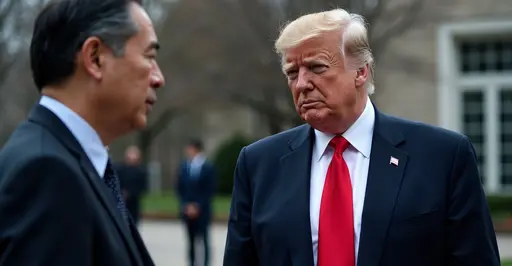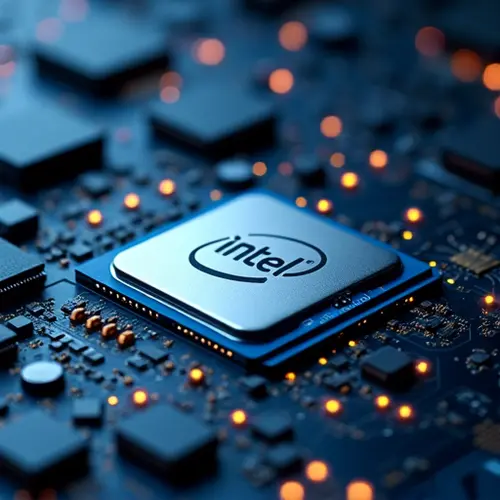
President Calls for Leadership Change at Chip Giant
U.S. President Donald Trump has demanded the resignation of Intel CEO Lip-Bu Tan, citing significant conflicts of interest related to Chinese investments. The announcement caused Intel's stock to drop 3.5% amid national security concerns.
Background of the Conflict
Lip-Bu Tan, who became Intel's CEO in March 2025, previously managed venture capital firm Walden International. According to Reuters, Tan invested $200 million in hundreds of Chinese companies between 2012-2024, including several with military connections to China's People's Liberation Army.
Political Pressure Mounts
Republican Senator Tom Cotton recently questioned Intel's board about Tan's ties, stating: "American companies receiving government support must responsibly handle taxpayer money." This follows Cadence Design Systems, where Tan previously served as CEO, admitting to violating U.S. export controls to China.
Strategic Implications
The U.S. government has allocated billions in subsidies to boost domestic chip production while restricting China's access to advanced semiconductor technology. Intel, which trails competitors TSMC and Samsung in AI chip development, faces scrutiny over whether Tan's China expertise represents an asset or liability amid escalating tech tensions.
Company Response
Intel stated that both the company and Tan remain "deeply committed to U.S. national security" and expressed willingness to engage with Senator Cotton. No formal response to Trump's demand has been issued.

 Nederlands
Nederlands
 English
English
 French
French
 Deutsch
Deutsch
 Espaniol
Espaniol
 Portugese
Portugese








